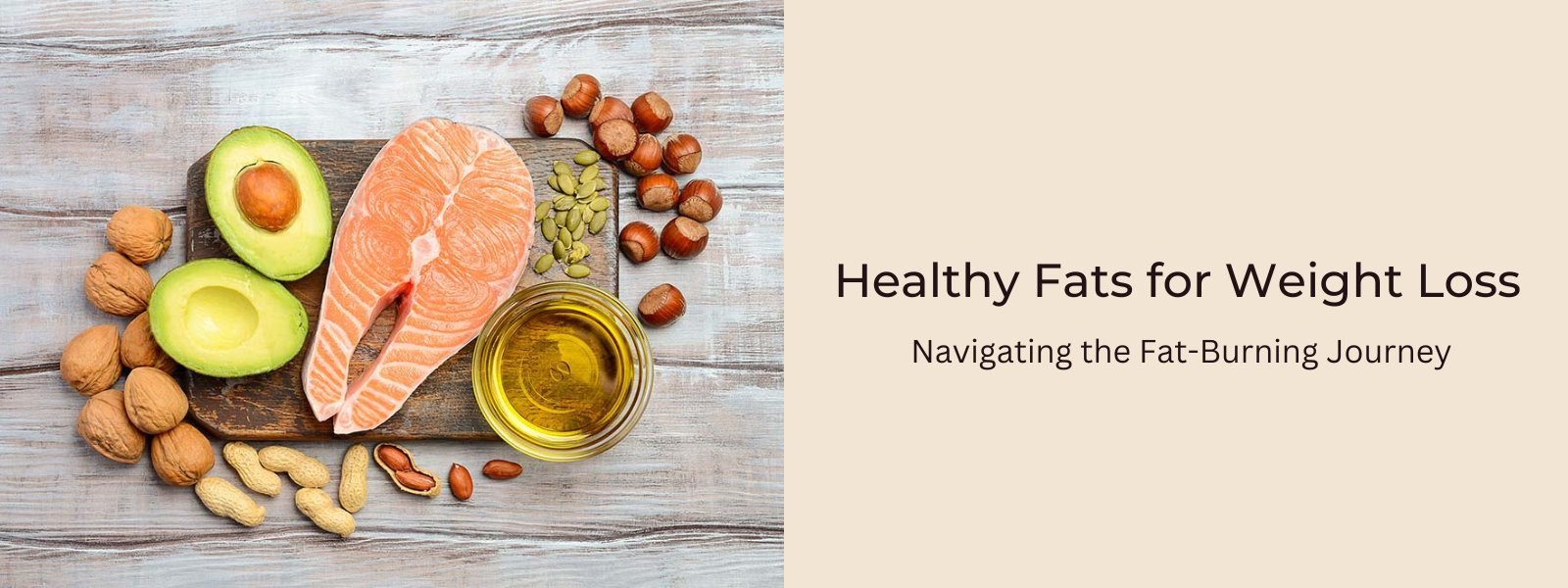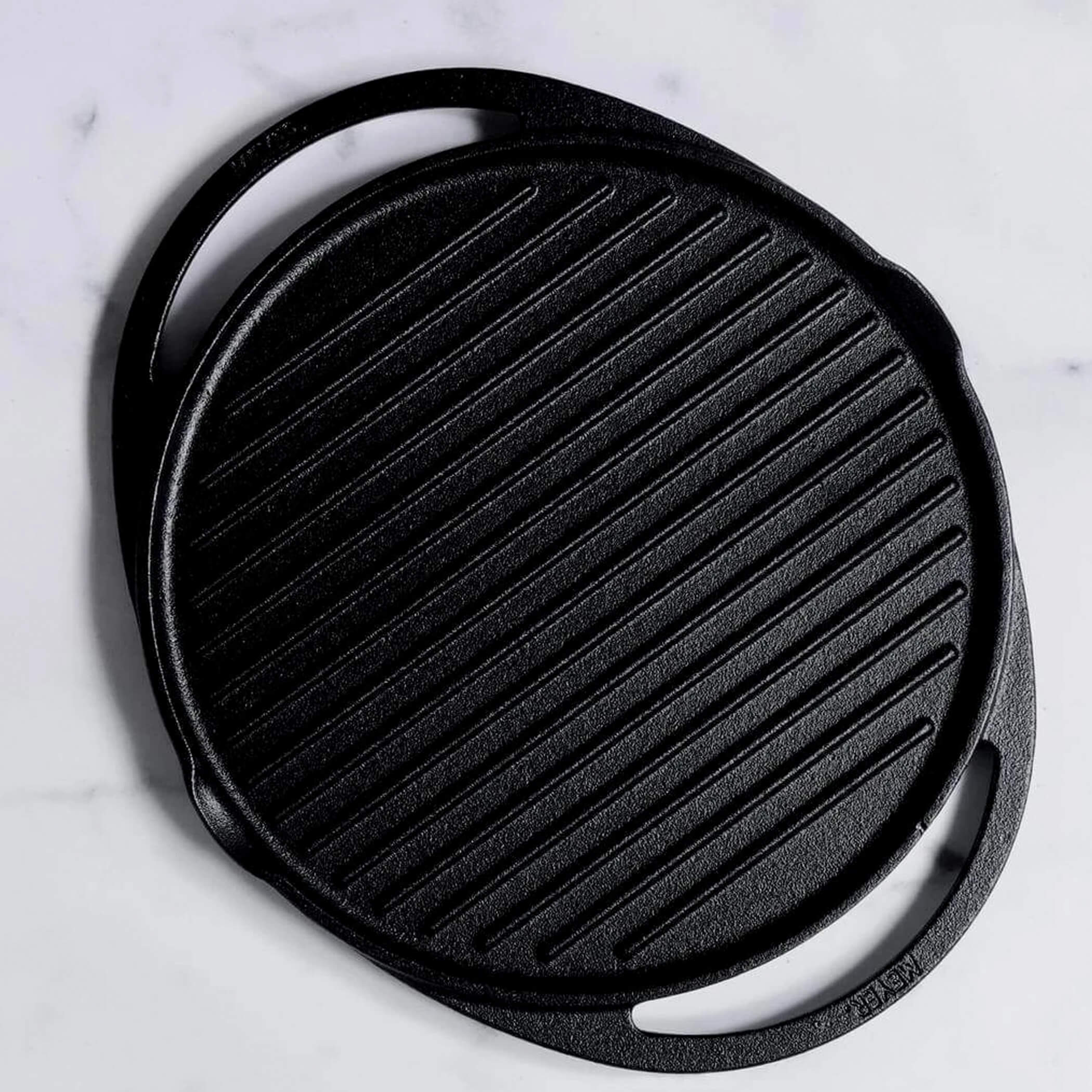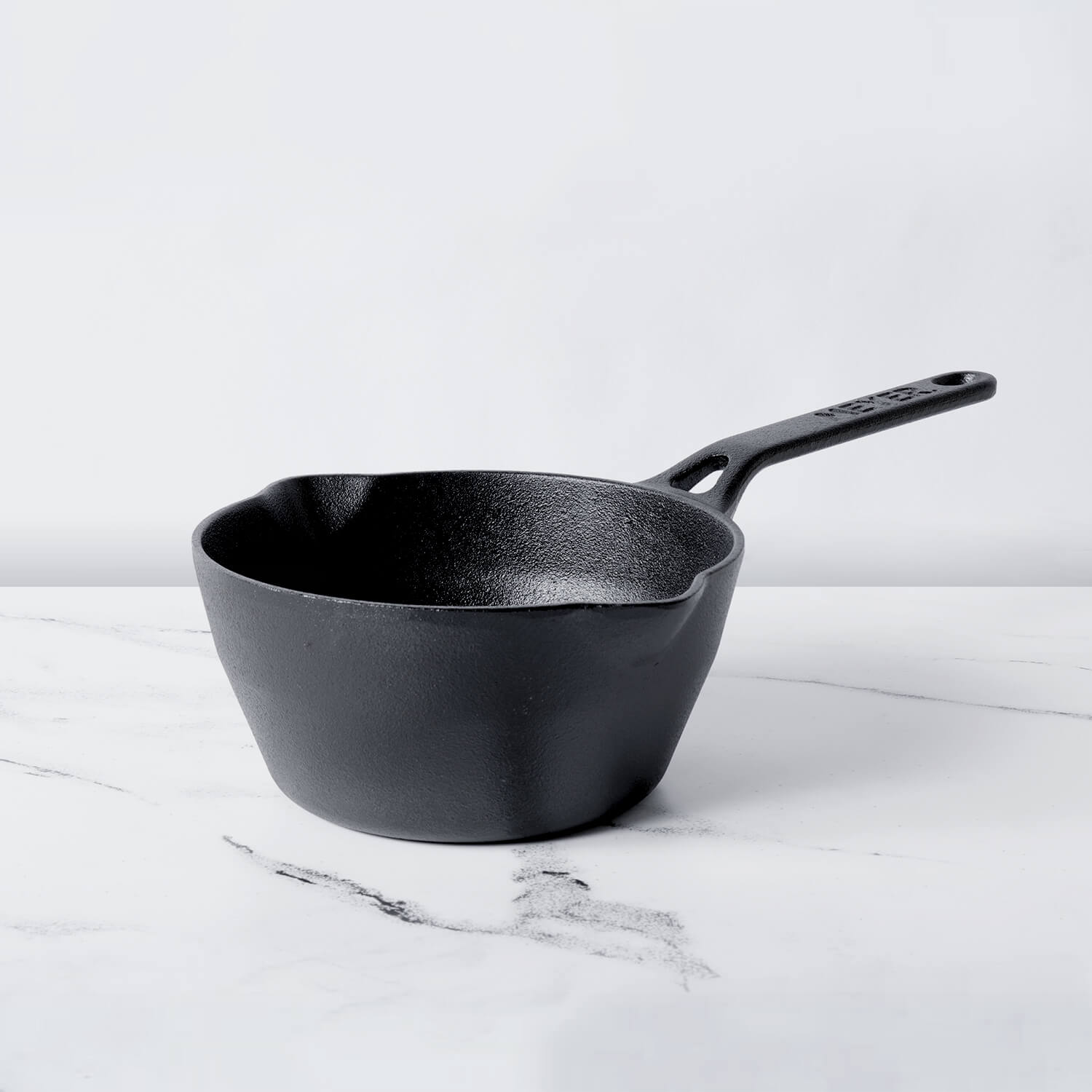Maintaining a mineral-rich diet is a holistic approach to managing blood pressure and promoting overall cardiovascular health. Minerals such as potassium, magnesium, and calcium play crucial roles in regulating blood pressure levels and supporting various physiological functions within the body. Here's a detailed overview of how incorporating mineral-rich foods into your diet can help control blood pressure:
Table of Contents
Potassium-Rich Foods:
Potassium is a mineral that helps balance sodium levels in the body, thus aiding in blood pressure regulation. It works by promoting vasodilation, or the relaxation of blood vessels, which helps lower blood pressure. Foods rich in potassium include:
- Fruits: Bananas, oranges, kiwis, avocados, and melons.
- Vegetables: Leafy greens (spinach, kale), sweet potatoes, potatoes, and tomatoes.
- Legumes: Beans, lentils, peas, and chickpeas.
- Dairy: Yogurt and milk.
- Nuts and seeds: Pistachios, almonds, and sunflower seeds.
Magnesium-Rich Foods:
Magnesium plays a role in muscle relaxation and blood vessel dilation, which can help lower blood pressure. Consuming magnesium-rich foods can support cardiovascular health and blood pressure control. Sources of magnesium include:
- Whole grains: Brown rice, quinoa, whole wheat bread, and oats.
- Nuts and seeds: Almonds, cashews, pumpkin seeds, and flaxseeds.
- Leafy greens: Spinach, Swiss chard, and kale.
- Legumes: Black beans, kidney beans, and lentils.
- Fish: Salmon, mackerel, and halibut.
Calcium-Rich Foods:
Calcium is essential for muscle contraction and blood vessel function, and adequate intake may help lower blood pressure levels. Incorporating calcium-rich foods into your diet can support overall cardiovascular health. Good sources of calcium include:
- Dairy products: Milk, yogurt, cheese, and kefir.
- Leafy greens: Collard greens, kale, and bok choy.
- Fortified foods: Fortified plant-based milk (soy, almond, oat) and fortified orange juice.
- Fish: Sardines and canned salmon with bones.
- Tofu: Firm tofu fortified with calcium sulfate.
Benefits of Mineral-Rich Foods:
Here are some key benefits of incorporating mineral-rich foods into your diet for blood pressure control:
- Potassium Regulation: Potassium helps regulate blood pressure by counteracting the effects of sodium and promoting vasodilation, or the relaxation of blood vessels. By consuming potassium-rich foods, you can help lower blood pressure levels and reduce the risk of hypertension.
- Magnesium Support: Magnesium plays a role in muscle relaxation and blood vessel dilation, which helps lower blood pressure. Adequate magnesium intake may help improve endothelial function, reduce inflammation, and support overall cardiovascular health.
- Calcium Balance: Calcium is involved in muscle contraction and blood vessel function, and maintaining adequate calcium levels is important for blood pressure regulation. Calcium helps promote smooth muscle contraction in blood vessels, supporting healthy blood pressure levels.
- Reduced Sodium Sensitivity: Consuming a diet rich in potassium, magnesium, and calcium can help counteract the negative effects of high sodium intake on blood pressure. These minerals help balance sodium levels in the body, reducing sodium sensitivity and its impact on blood pressure.
- Improved Heart Health: Mineral-rich diets not only support blood pressure control but also contribute to overall heart health. Potassium, magnesium, and calcium are essential for maintaining normal heart rhythm, preventing arrhythmias, and reducing the risk of cardiovascular diseases such as heart attacks and strokes.
- Enhanced Nutrient Synergy: Mineral-rich foods often contain a variety of other nutrients, antioxidants, and phytochemicals that work synergistically to promote cardiovascular health. Consuming a balanced diet rich in fruits, vegetables, whole grains, nuts, seeds, and lean proteins provides a wide array of nutrients that support blood pressure control and overall well-being.
- Holistic Approach to Health: Adopting a mineral-rich diet for blood pressure control aligns with a holistic approach to health and wellness. By focusing on nutrient-dense whole foods and lifestyle factors such as regular physical activity, stress management, and adequate hydration, you can support optimal blood pressure levels and reduce the risk of hypertension-related complications.
Additional Tips for Blood Pressure Control:
- Hydration: Stay adequately hydrated by drinking plenty of water, as dehydration can affect blood pressure levels.
- Limit Sodium Intake: Reduce consumption of high-sodium processed foods, canned soups, and salty snacks, as excessive sodium intake can contribute to hypertension.
- Moderate Alcohol Consumption: Limit alcohol intake to moderate levels, as excessive alcohol consumption can raise blood pressure.
- Regular Exercise: Engage in regular physical activity, such as brisk walking, swimming, or cycling, to help lower blood pressure and improve overall cardiovascular health.
-
Stress Management: Practice stress-reducing techniques like meditation, deep breathing exercises, or yoga to help manage stress levels, which can impact blood pressure.
Conclusion:
In summary, mineral-rich diets contribute to blood pressure control by providing essential nutrients such as potassium, magnesium, and calcium that support cardiovascular health. By incorporating a variety of mineral-rich foods into your diet and adopting healthy lifestyle habits, you can help maintain healthy blood pressure levels and reduce the risk of hypertension and its associated health risks.











Leave a comment